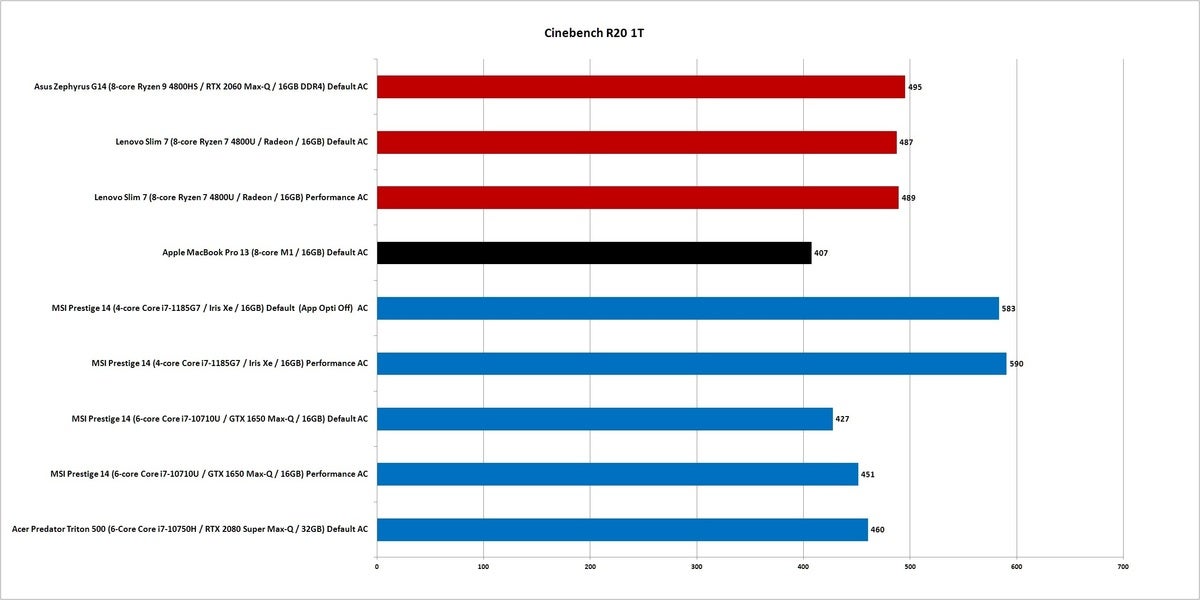
At this point, we can confidently recommend that you don't pay extra to get an Intel Core i5 or Core i7 if there is a cheaper AMD-powered version because the Ryzen 4000 and Ryzen 5000-series chips are so similar in performance.The i7-11700K is the second fastest CPU in Intel’s 11th Gen Rocket Lake-S lineup which brings higher IPC (early samples indicate +19) and 50 stronger integrated graphics. Intel has the edge on mobile performance. Buying a laptop today will most likely house an Intel Core i3, i5, i7, or i9 processor. Comparing the 1800X with the Intel i7-6850K shows that the 1800X delivers 25 more multi-core throughput than its more expensive counterpart.Intel vs. Clocked at 3.6 GHz with a turbo frequency of 4.0 GHz (stock) this chip offers a staggering level of multi-core performance. The Ryzen 7 1800X is AMD's flagship Ryzen CPU.
Compare Amd To Intel I7 Software Runs Natively
As the numbering suggests, Core i3 is the slowest, i5 is in the middle, and i7 is fast and Core i9 is the fastest. Core i7Most Intel CPUs you'll see on laptops that cost over $400 are branded as Core i3, Core i5 or Core i7. If you're curious how the M1 stacks up against Intel chips, see our M1 vs. So far, the M1 is available in only the MacBook Air and 13-inch MacBook Pro but we expect to see an upgraded version of the chip (perhaps the M1X?) in the rumored 16-inch MacBook Pro and 14-inch MacBook Pro. So far, it's the most powerful mobile CPU in existence so long as your software runs natively on its ARM-based architecture. The Ryzen 7 was pitched in opposition to the performance offered by an Intel i7.Other AMD chips that are non-Ryzen are less capable than a modern Core i5 or Core i7 and should only be considered when getting a very low price, rather than strong performance is your main concern.As for Apple, it currently has a single custom laptop chip called the M1.
For example, AMD Ryzen 7 5700U.Intel made great strides when it moved from 10th Gen to 11th Gen, especially when it comes to graphics performance with its Iris Xe chip, so we recommend getting the newest Intel processors. For AMD, you know it's a Ryzen 5000 chip if the SKU number starts with a five. Again, 11th Gen Intel chips are denoted by the first two letters after the hyphen: Core i7- 1185G7. Which Intel and AMD Gen should I buy?The latest is (almost) always greatest when it comes to CPU generations so we recommend looking for Intel 11th Gen and AMD Ryzen 5000-series chips.
Cores: The processor within a processor, a Core is capable of working on one discrete task while the other core(s) does something else. The most important specs are these: CPU Specs: Cores, Hyper-Threading, Clock SpeedWhen you read about any individual CPU model, you'll see that, just like the laptop it powers, it has a complete set of specs.

The default frequency is listed as "processor base frequency" while the highest frequency is listed as "max turbo frequency." Most Core i9, Core i5 and i7 CPUs have this feature, but Core i3 models do not. Turbo Boost: Temporarily raises the clock speed from its base frequency to a higher one in order to complete a task more quickly. A higher number is better, but this is far from the only factor in processor speed.
Intel has a few main lines, each of which has its own set of Core i3s, i5s and i7s. Many business laptops have CPUs with vPro, but consumer systems do not.Processor Lines (from Most to Least Powerful)Choosing the right processor line is much more important than picking Core i5 over Core i3. vPro or Ryzen Pro: A built-in remote management feature that's designed for corporate IT departments. More watts means better performance, but higher temperatures and greater power consumption. TDP (Thermal Design Power): The number of watts the CPU uses. Most CPUs have between 1 and 4MB of cache.

H Series: Six-Core, High PerformanceBest For: Gamers, Creative Professionals, Power UsersBad For: Portability, Affordability, Battery LifeIf you're a power user or gamer, a laptop with an H processor is probably your best choice. Since they're made for business, all Xeon processors have vPro management technology built in. Don't expect great battery life or low prices.The latest Xeon processors, which now have 11th Gen architecture, are the Intel Xeon W-11855M and W-11955M.
You'll only find those in high-end gaming laptops.Good For: Productivity, Content Consumption, Battery LifeIf you're looking for a "typical" laptop experience with solid performance and the possibility of good battery life, then an Intel U Series is for you. H and HQ are standard while the HK denotes a processor that has been unlocked for overclocking. Because they generate more heat than U series chips, you won't find H CPUs in super-light or thin laptops.You may see processors labeled as either H, HQ or HK. H-series processors also have a TDP of 45 watts, which means that the laptops holding them are either going to have poor battery life or large batteries.



 0 kommentar(er)
0 kommentar(er)
